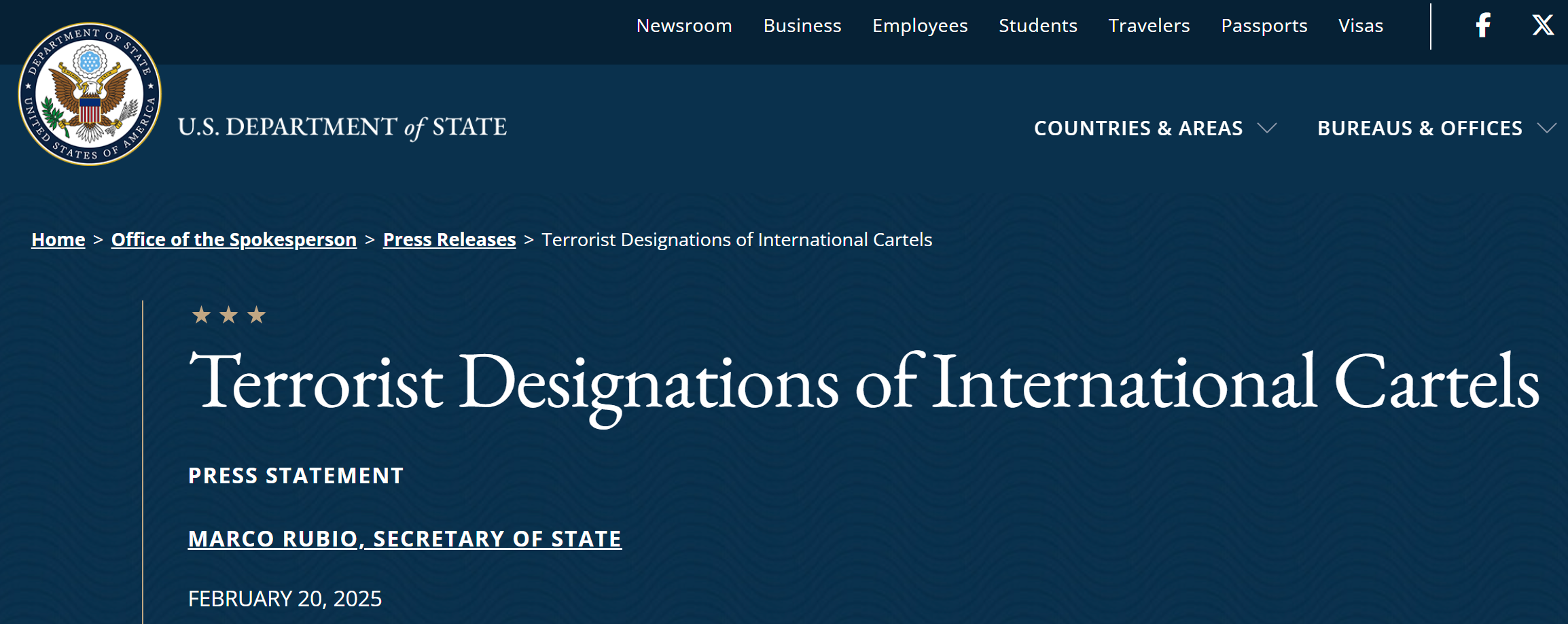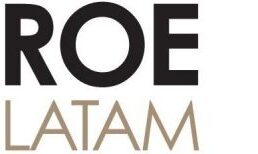
Navigating Cartel and FTO Designations: Advanced Compliance Strategies for Global Businesses
Expanded from Latinvex’s “Cartel FTO Designation: Difficult Compliance” by Matteson Ellis and James Tillen)
The U.S. government’s unprecedented designation of eight international cartels—including the Sinaloa Cartel, Jalisco New Generation Cartel (CJNG), and MS-13—as Foreign Terrorist Organizations (FTOs) and Specially Designated Global Terrorists (SDGTs) under Executive Order 14157 has reshaped compliance obligations for multinational companies. These designations, effective February 20, 2025, expose businesses to severe legal, financial, and reputational risks, including criminal prosecution under the Material Support Statute (18 U.S.C. § 2339B) and civil lawsuits under the Anti-Terrorism Act (ATA). Building on Latinvex’s analysis, this article explores actionable controls to mitigate risks, leveraging insights from legal experts, enforcement trends, and case studies.
The Expanding Threat Landscape
The Trump administration’s aggressive stance—highlighted by Attorney General Pam Bondi’s directive to “totally eliminate” cartels—has intensified scrutiny on companies operating in high-risk regions like Mexico, Central America, and Colombia. Cartels now function as quasi-governments, infiltrating sectors from agriculture (avocado farming) to logistics, often coercing businesses into paying derecho de piso (protection fees) or collaborating through front companies. For example, 45% of companies surveyed in Mexico reported extortion demands in 2024, while cartels increasingly use cryptocurrency and shell firms to launder funds.
Critical Compliance Controls to Mitigate FTO Risks
To avoid sanctions violations, criminal liability, or civil forfeiture, companies must adopt a multilayered approach:
1. Enhanced Due Diligence & Real-Time Monitoring
Sanctions List Integration: Automate screening against OFAC’s SDN List and FTO databases, using tools like Dow Jones RiskCenter or blockchain-enabled supply chain trackers.
Geographic Risk Mapping: Prioritize regions with cartel dominance (e.g., Sinaloa, Michoacán) and sectors like automotive, energy, and logistics.
Third-Party Vetting: Conduct enhanced due diligence on suppliers, distributors, and local partners. Scrutinize invoices for legitimacy and trace payments to avoid indirect support.
2. Anti-Bribery & Anti-Extortion Protocols
Contractual Safeguards: Require third parties to certify compliance with anti-terrorism laws. Include audit rights and termination clauses for non-compliance.
Extortion Response Plans: Develop protocols for handling protection payments, which may still qualify as “material support” under U.S. law. Document threats and consult legal counsel to explore duress defences.
3. Technology-Driven Risk Detection
AI Transaction Monitoring: Deploy machine learning to flag anomalies like frequent cash transactions, payments to shell companies, or shipments routed through embargoed zones.
Blockchain Audit Trails: Maintain immutable records of compliance checks to demonstrate diligence during investigations.
4. Employee Training & Whistleblower Protections
Role-Specific Training: Educate procurement, logistics, and finance teams on red flags (e.g., inflated invoices, unusual payment routes). Use scenario-based learning for high-risk markets.
Anonymous Reporting Channels: Implement secure platforms for employees to report suspicious activity without retaliation.
5. Supply Chain Transparency
Supplier Mapping: Trace raw materials to origins, particularly in conflict zones (e.g., Mexican avocado farms, mineral mines). Partner with ethical sourcing initiatives like the Responsible Minerals Initiative.
Permit & License Audits: Inventory licenses for facilities in cartel-controlled areas and monitor associated payments for irregularities.
6. Crisis Management & Legal Preparedness
Rapid Response Playbooks: Outline steps for internal investigations, voluntary disclosures, and PR strategies post-violation. Conduct tabletop exercises to test decision-making under pressure.
SEC Reporting Compliance: Disclose dealings with FTOs in Form 10-K or 20-F filings under Section 13(r) of the Securities Exchange Act.
The designation of cartels as FTOs demands proactive risk mitigation, not just regulatory adherence. Companies that integrate advanced due diligence, AI-driven monitoring, and crisis preparedness will not only avoid penalties but also strengthen investor trust and operational resilience. As Latinvex’s original analysis warns, the line between legitimate business and cartel coercion is increasingly blurred—making compliance a cornerstone of sustainable growth.
You can read the original article here https://latinvex.com/cartel-fto-designation-difficult-compliance/
We can hep you design and mantain an state of the art compliance system, please reach us at online@roelatam.com
If you found this post interesting, perhaps you would like to read the following:
- 6 Essential Requirements of the EU Whistleblowing Directive: A Compliance Guide for Organizations
- 2024 Corruption Perceptions Index (CPI): How Corruption Fuels the Climate Crisis
- UK, France, Switzerland Launch Critical Anti-Corruption Task Force
- Mexico’s Corruption Crisis Deepens: 2024 CPI Reveals Historic Low & Global Implications
- The 2025 FCPA Enforcement Pause: Implications for Anti-Corruption Efforts in Latin America
- The Essential Guide to KYC Regulations in Mexico: What Real Estate Professionals, Financial Institutions, and Buyers Must Know
- ROE Latam Advises CORSAIN of El Salvador on the Implementation of ISO 37001
- ROE Latam Advises the National Public Security Academy of El Salvador on the Implementation of ISO 37001
- ISO 37001 Anti-Bribery Management System (ABMS)
